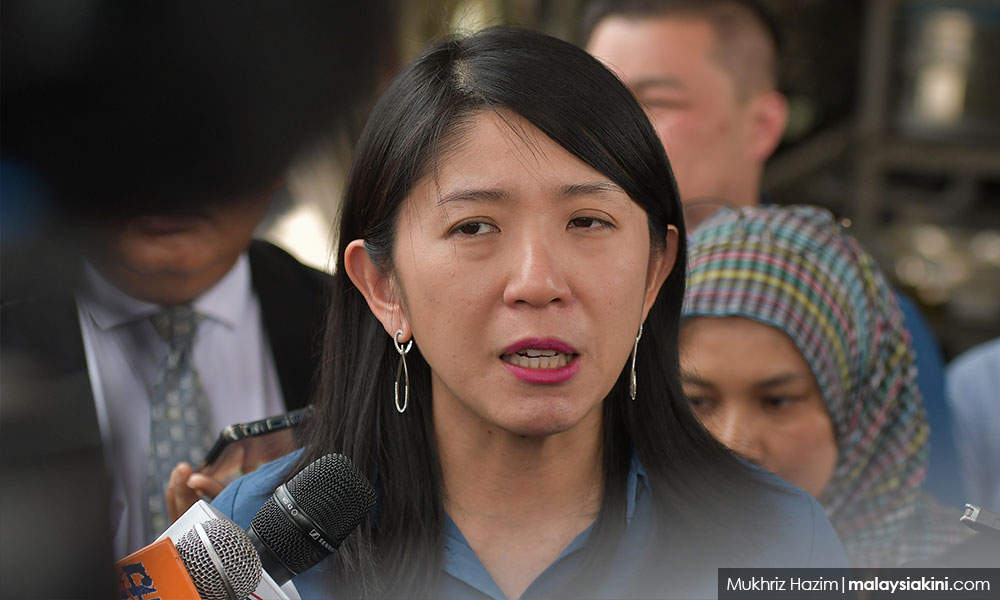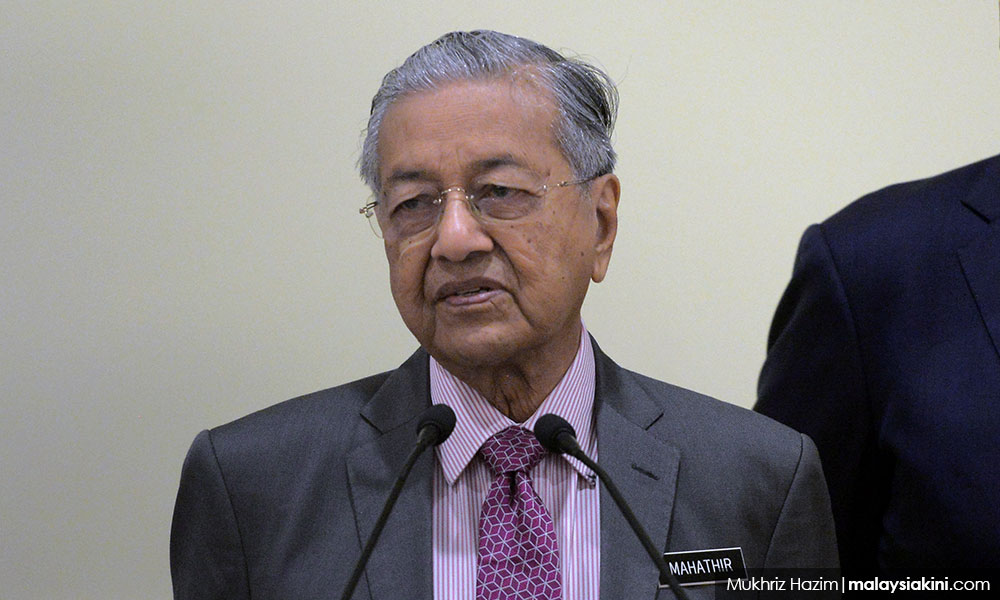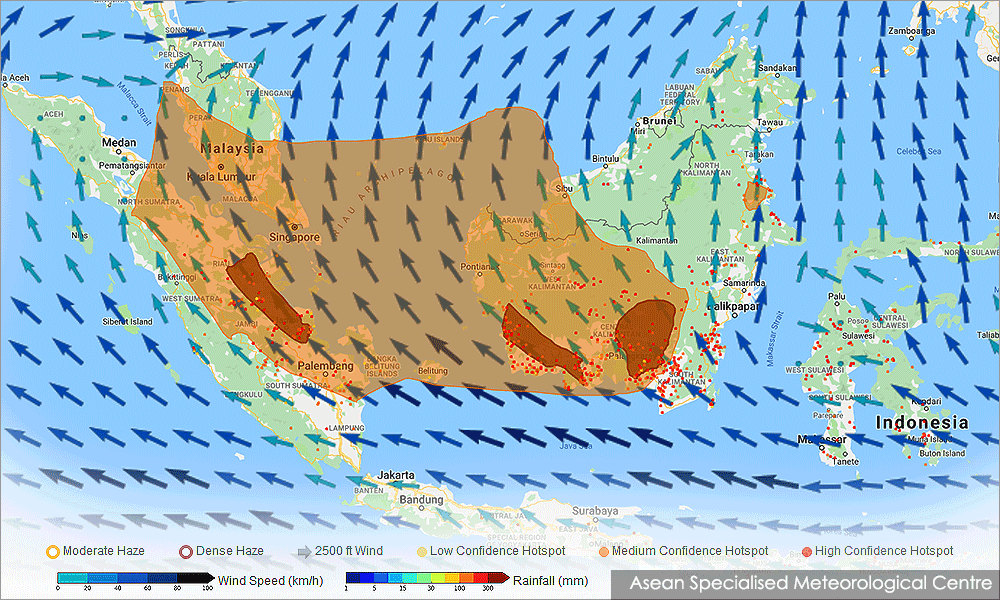
Putrajaya is mulling the creation of a Transboundary Haze Act, to punish Malaysian companies that cause haze in other countries.
Energy, Science, Technology, Environment and Climate Change Minister Yeo Bee Yin (above) said her ministry is ready to draft the law if the cabinet decides to proceed with it.
"I will also get advice from the attorney-general on how to draft the law and what we can include in the Act to make it effective in tackling haze," Yeo told reporters at the Airforce base in Subang today.
The Indonesian government previously named the subsidiaries of four Malaysian palm oil conglomerates - Sime Darby Plantation, IOI Corporation, TDM Berhad and Kuala Lumpur Kepong Berhad - as some of the 30 culprits behind the haze-causing fires.
SDP and IOI have refuted the reports, while KLK admitted that a fire had broken out at its subsidiary's estate before it was extinguished.
Prime Minister Dr Mahathir Mohamad, yesterday, said if the Malaysian firms fail to douse fires on their estates, Putrajaya will consider formulating a new law which would hold them responsible.

Besides crafting a new law, Yeo said Malaysia will also be speaking to Asean to come up with a mechanism to tackle the haze problem in the long term.
"As a country, we are not able to overcome the transboundary haze issue alone. We need cooperation at the international and regional level," she said.
In the short term, the minister said the government will carry out cloud seeding operations whenever the cloud situation permits it.
"We are very concerned about the people's health, very concerned about those who need to go through their life in this hazy situation.
"We want to bring temporary relief (through cloud seeding), so we are going to do the best for the people," she said.
Make Environmental Quality Act 'extraterritorial'
Meanwhile, Klang MP Charles Santiago proposed that provisions be made to the Environmental Quality Act 1974 to allow for action to be taken to Malaysian companies operating abroad.
“While we welcome his (Mahathir's) suggestion to come up with a new law to punish Malaysian companies that are contributing to the haze, including those operating outside of Malaysia, we could maybe re-look at another piece of legislation.
“And it could be as easy as requesting the Attorney-General Tommy Thomas to issue certificates under Section 22 of the Courts of Judicature Act to make the act extraterritorial so that it’s applicable to companies operating out of the country,” he said in a statement today.
He added that the act could also be used against smallholders and big companies in the country, as several hotspots have been identified as originating here.




No comments:
Post a Comment
Note: Only a member of this blog may post a comment.